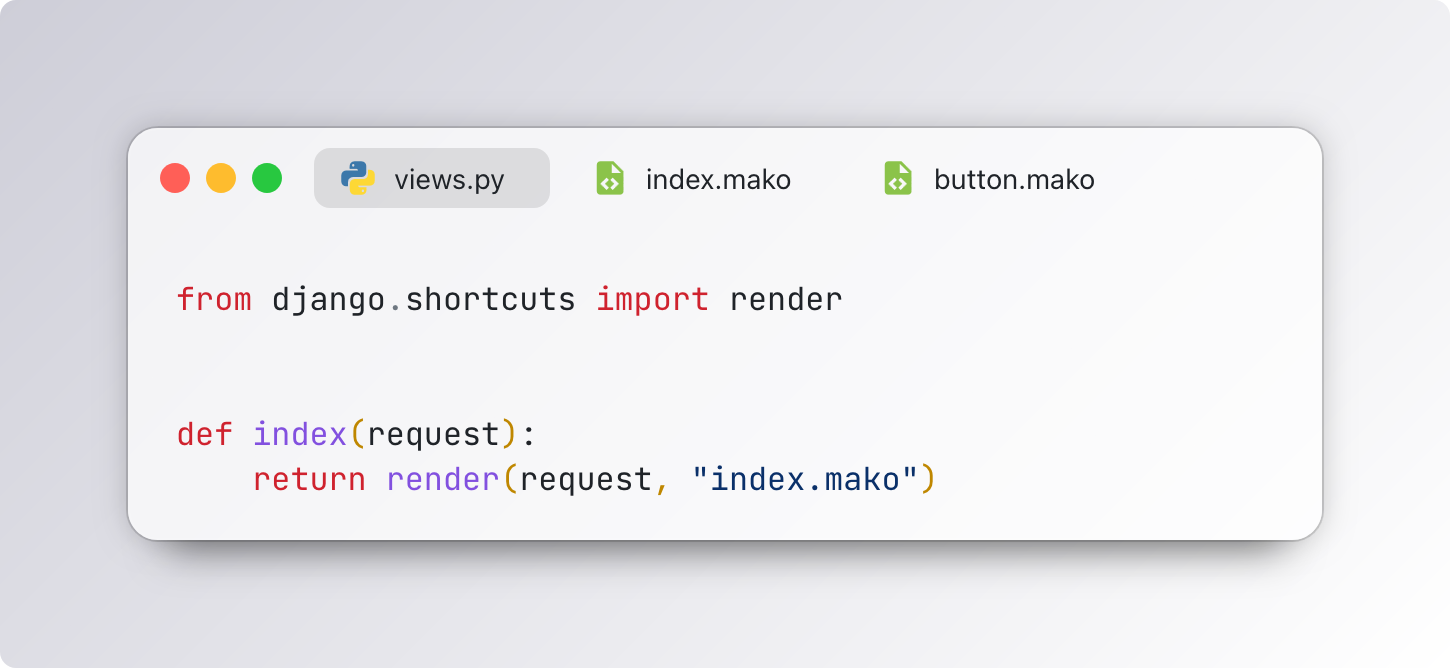🚀 Huge thanks to @sixfeetup for being a Platinum sponsor of DjangoCon US 2025!
Uncategorized
1
Posts
1
Posters
13
Views
-
🚀 Huge thanks to @sixfeetup for being a Platinum sponsor of DjangoCon US 2025! Their deep Python & cloud expertise helps teams build incredible web solutions. Excited to have them join us this week in Chicago!
🎟️ In-person & online tickets: https://ti.to/defna/djangocon-us-2025
#DjangoCon #Python #Django



